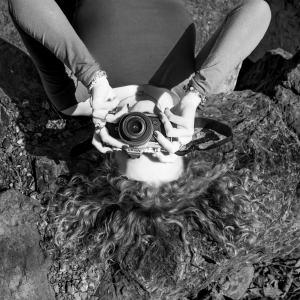
English Department

Working closely with dedicated faculty members, students in this department hone their ability to think and read critically, reason persuasively, and write eloquently. Through exploring a constantly evolving range of course offerings, English majors learn the methodologies and vocabularies appropriate to literary study; contemplate the forms and purposes of literary art in a variety of periods and cultures; and investigate the intersections between English and many other disciplines.
The English Department also fosters a culture of curiosity and intellectual endeavor, as well as respect for a variety of cultures and intellectual approaches, through advising, internships and service learning, study abroad, and extracurricular programming. Students who pursue optional creative writing courses balance critical study with creative endeavor, learning the history and forms of literary art as apprentice practitioners.
Visit the MLA Style Center website for the latest advice about MLA style of documentation.
Highlights
- 35-50 students per graduating class major in English or minor in Creative Writing
- Spring term study abroad opportunities and senior capstone experiences
- Internship opportunities at a celebrated international literary magazine, Shenandoah
- Lean 11-course major makes it easy to study abroad, double-major or complete a minor
- Frequent readings and lectures by visiting writers and scholars
- Compatible with pre-med or health professions preparation
- Departmental prizes and scholarships awarded annually
View the 2024 English & Creative Writing Newsletter to see what the English Department has been up to this past year.












